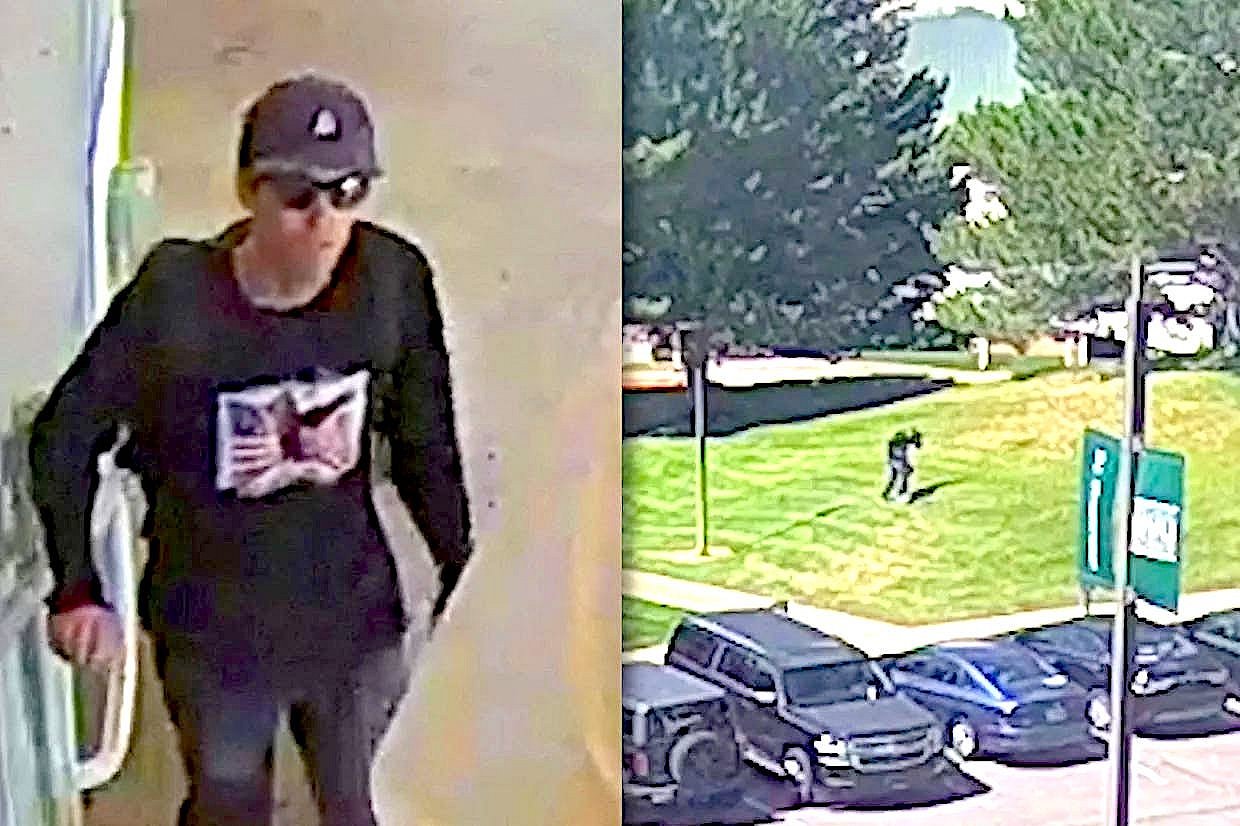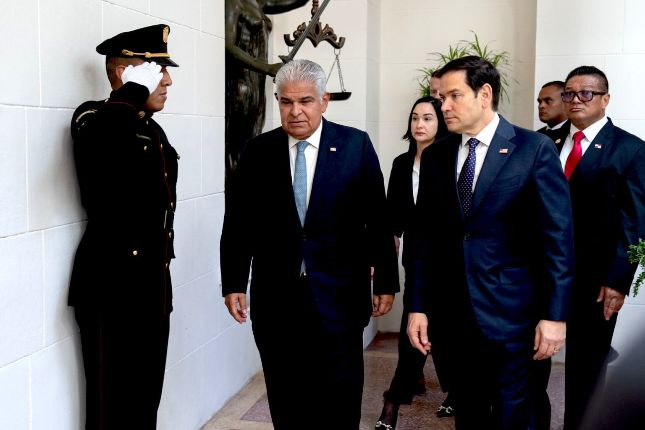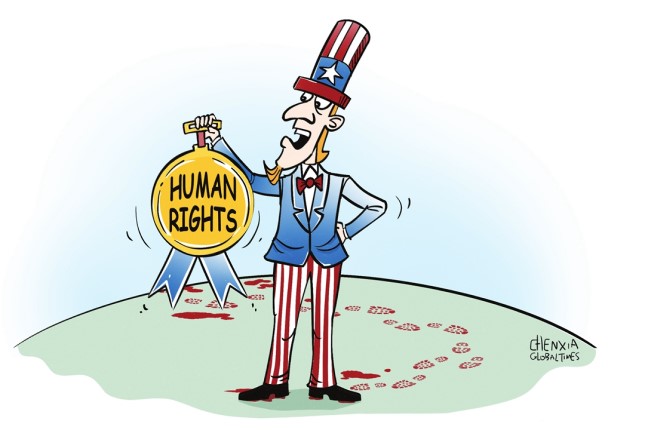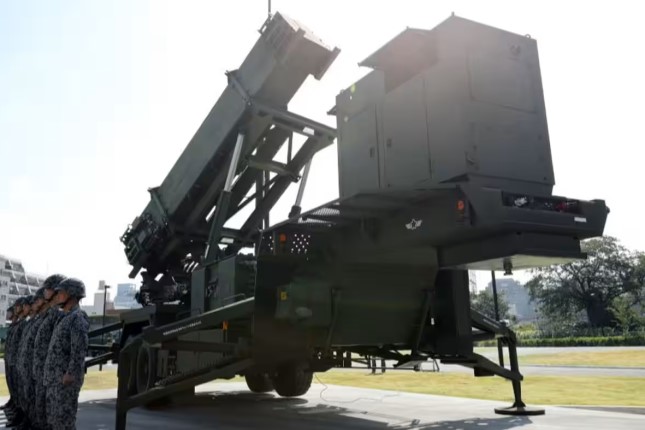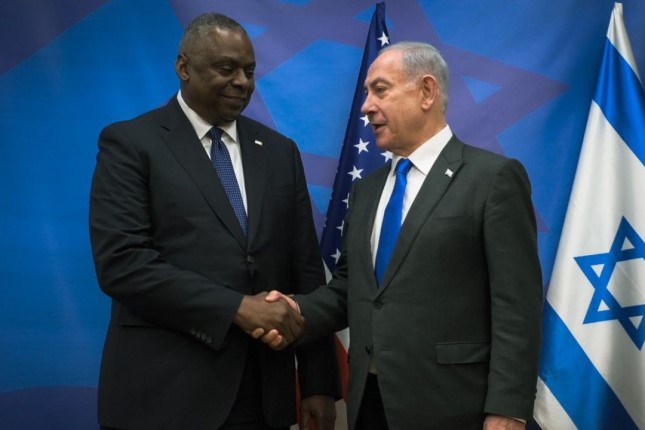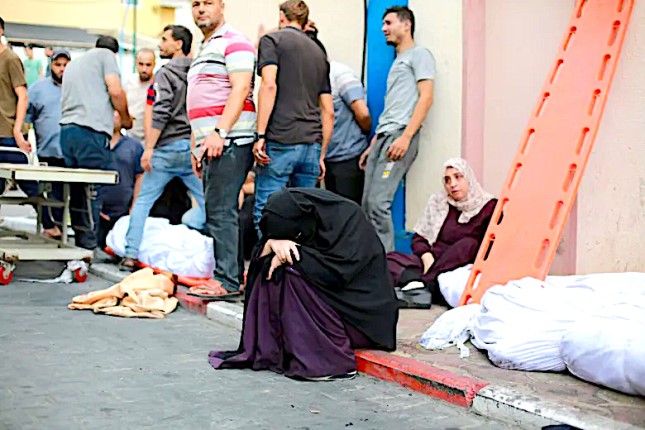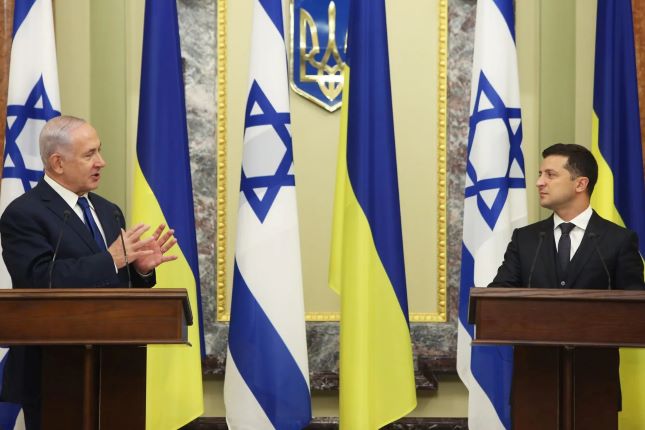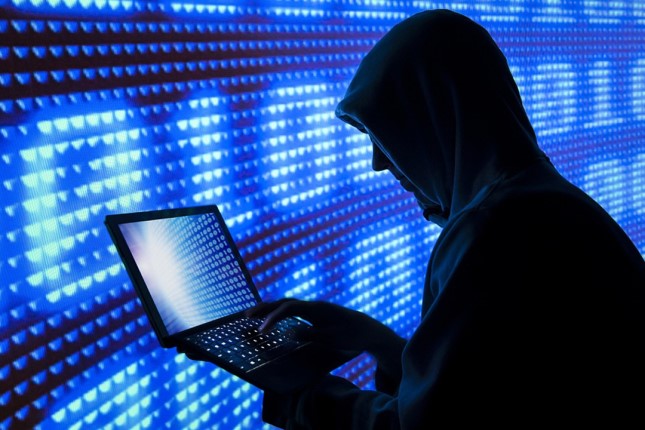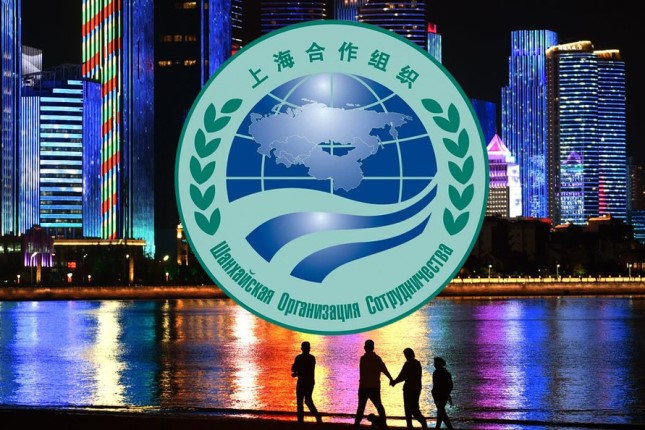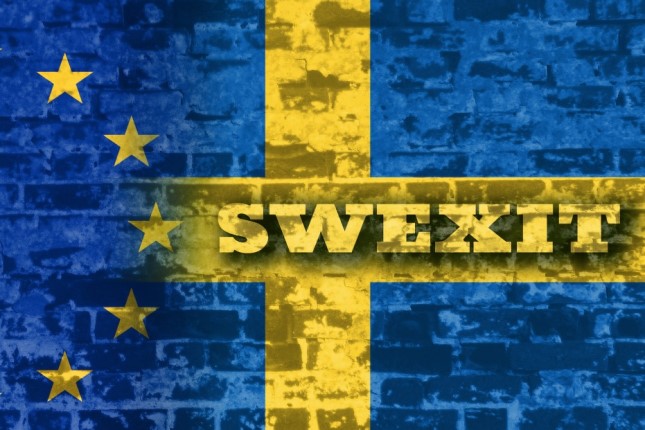Nawrocki is a Euro-skeptic who has aligned himself with U.S. President Donald Trump’s agenda more than with the EU’s agenda. He is a right-wing candidate who won, in part, because of support from the right-wing nationalists. In an election that shows a sharp divide in Poland, Nawrocki edged out Rafal Trzaskowski, the candidate from Tusk’s pro-EU and pro-Ukraine party, by a margin of 50.89% to 49.11%.
Tusk has aligned himself closely with Europe and has sought to mend his country’s frayed relationship with the European Union. Partnering with France and Germany, Tusk has worked to see Poland set the EU’s foreign policy and balance Trump’s policies, including on Ukraine. He has, at times, been critical of Trump.
Nawrocki is a Euro-skeptic who has aligned with other Euro-skeptics, like Trump, Hungary’s Viktor Orbán and Slovakia’s Robert Fico. The U.S. seemed to interfere in Poland’s election when U.S. Homeland Security Secretary Kristi Noem implored a rally that Nawrocki “needs to be the next president of Poland. Do you understand me?” She told an audience of the Conservative Political Action Conference in Poland that “If you have elected a leader that will work with President Donald J. Trump, the Polish people will have an ally strong that will ensure that you will be able to fight off enemies that do not share your values.”
But if Europe may have a Polish problem, Ukraine may have a bigger one. Nawrocki is not pro-Russian. He is a historian who, while president of the Institute of National Remembrance, removed Soviet monuments in Poland. But he is not as firmly pro-Ukraine as Tusk. He has hinted that his election could modify Poland’s Ukraine position.
The prime minister of Poland holds more power in government than the president. But Nawrocki will have veto power over legislation, can propose laws, can nominate senior positions and can play a role in shaping foreign policy.
Professor Molly O’Neal, a non-resident fellow at the Quincy Institute, told me that Nawrocki will continue to back EU sanctions on Russia and that he “is unlikely to oppose further arming of Ukraine.” The Kiev Independent says that he “has declared support for Ukraine’s sovereignty and resistance to Russian aggression.”
Upon his election, Nawrocki said that he is “looking forward to countinue <sic> partnership” with Ukraine” and that “Poland has been Ukraine’s strongest supporter against the Russian aggression, no other nation understands this threat more than we do.”
But that is not enough to assuage long-term concerns in Kiev. O’Neal told me that Nawrocki “opposes NATO membership for Ukraine.” During the election, he pledged to oppose NATO membership for Ukraine, and he has signed a declaration committing to refusing to ratify Ukraine joining NATO out of concern for drawing NATO into a war with Russia.
Just as bad for Ukraine, since the Trump administration has already made it clear that Ukraine will not join NATO, and Russia has made it clear that a written guarantee that Ukraine will not join NATO is a firm condition for ending the war, Nawrocki opposes Ukraine accession to the EU, something that Russia has allowed.
O’Neal told me that Nawrocki “would likely have reservations about EU membership” for Ukraine. This stance has created serious worry in Ukraine.
Nawrocki is also keenly aware of Polish grievances with Ukraine for the treatment of the Polish minority in Ukraine by Ukrainian ultranationalists during World War II. In response to Ukrainian President Volodymyr Zelensky’s congratulations on his election, Nawrocki posted that the “continued partnership” of the two countries “requires not only good dialogue but also solving overdue historical issues” and that they need “to work together… for settling the unsettled past.”
Stepan Bandera, leader of the ultranationalist Organization of Ukrainian Nationalists-B, allied with the NAZI’s and, according to Richard Sakwa, Bandera’s forces participated in the mass killings of Poles in Ukraine. In Covert Regime Change, Lindsey O’Rourke says that the OUN-B participated in “widespread terrorism, mass killing, and ethnic cleansing amongst the Polish” people of Ukraine. In 1943, Ukrainian nationalist forces “murdered about 40,000 Poles in Volhynia,” according to O’Rourke.
Nawrocki’s complaints against Ukraine are not only historical. He has mirrored Trump in his complaint that Zelensky has shown insufficient gratitude for Poland’s level of assistance during the war with Russia. According to Ukrainian media, he has “repeatedly accused Zelensky of taking advantage of allies,” leading to the possibility that future aid to Poland might be less unquestioning and more transactional.
Though Nawrocki supports continuing to back Ukraine in its defense against Russia, O’Neal suggested to me that, unlike Europe and Poland now, “because of his affinity with the U.S. administration,” Nawrocki “might be more amenable to a negotiated solution if it has US backing,” with the reminder that authority on foreign policy rests with the prime minister.
The election of Nawrocki will not likely lead to the end of Polish support for Ukraine in its fight against the Russian invasion. But it may create an obstacle to Ukrainian integration with the West by standing in the way, not only of NATO membership for Ukraine, but EU membership. The election of Karol Nawrocki may have provided Ukraine with a Polish problem.
Source: AntiWar.com.



















